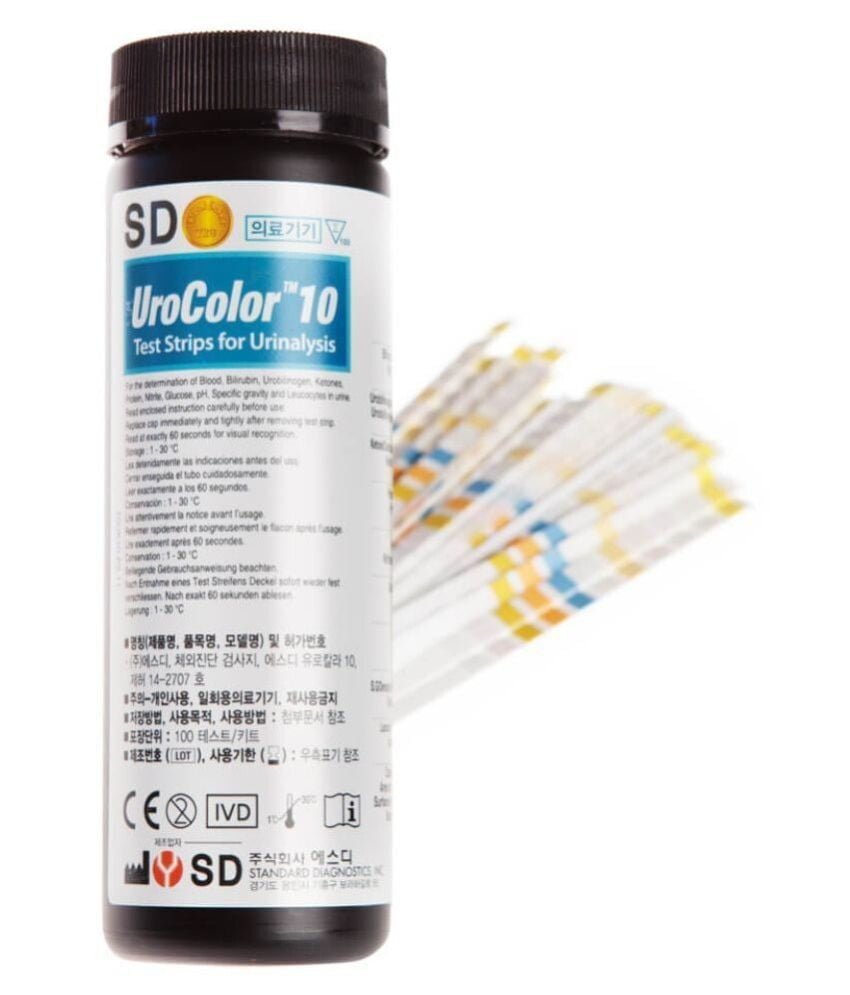+91 8491944358
kashmirhealthportal@gmail.com
24x7

Performing urine testing with the UroColor Series is straightforward, but it’s essential to follow the instructions carefully to ensure accurate results. Here’s a step-by-step guide:
DIY Urine Testing: Understanding the UroColor Series
Urine testing is a valuable diagnostic tool that provides insights into various aspects of health by analyzing the composition of urine. The UroColor Series is a comprehensive urine testing kit that enables individuals to test for multiple parameters at home, offering convenience and timely insights into potential health concerns. This DIY guide aims to help you understand the UroColor Series and how to perform urine testing at home effectively.
The UroColor Series allows for testing the following parameters in urine:
Performing urine testing with the UroColor Series is straightforward, but it’s essential to follow the instructions carefully to ensure accurate results. Here’s a step-by-step guide:
It’s essential to interpret the results accurately based on the reference ranges provided in the UroColor Series testing kit. Results that fall outside the normal range may indicate a potential health concern and should be discussed with a healthcare provider for further evaluation and diagnosis.
The UroColor Series offers a convenient and comprehensive way to perform urine testing at home, providing insights into various aspects of health. Regular urine testing can help monitor health, detect potential issues early, and facilitate timely intervention when needed. If you notice any abnormal results or have concerns about your health, it’s essential to consult with a healthcare provider for a comprehensive evaluation and personalized advice.
Remember, while DIY urine testing with the UroColor Series can provide valuable information, it’s not a substitute for professional medical advice, diagnosis, or treatment. Always prioritize your health and seek medical attention when needed to ensure optimal well-being.
There are no reviews yet.